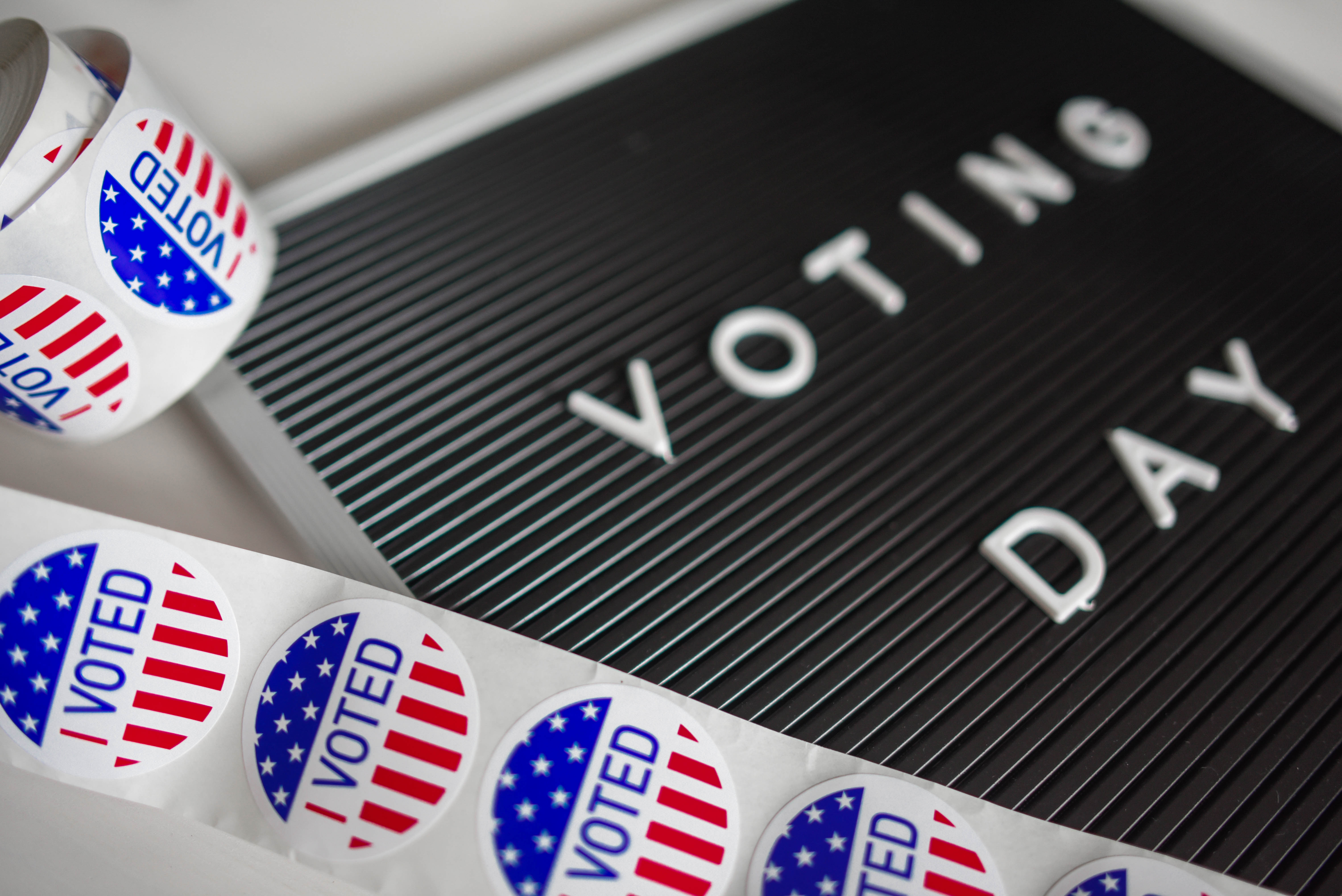Lawmakers in 18 states considered bills this year that change who may vote in at least some statewide primaries or caucuses.
Only one of these bills, Louisiana’s HB 17, was adopted. That bill changes Louisiana’s unique primary system and creates closed primaries for elections for Congress and several state offices, including the state supreme court, beginning in 2026.
While Louisiana moved away from a general primary, two states introduced bills that would move them towards Louisiana’s current system: Georgia’s HB 595 and Rhode Island’s S 2670. Neither bill has advanced.
Bills in two states–Maryland and New Jersey–would allow voters to change their affiliation on the primary day, effectively creating open primaries. Neither bill has advanced.
Legislation introduced in at least six other states would create more open primaries for at least some offices, including:
- Bills in Utah and Wisconsin that would have created a top-two or top-five primary system;
- Bills in Pennsylvania and New Mexico that would open up closed primaries for certain offices, and a bill in North Carolina that would create open primaries;
- And, a bill in Tennessee that would have removed a requirement to affiliate with a political party before voting in that party’s primary election.
Elsewhere, bills in at least five states would have created more closed primaries:
- Alaska considered three bills that would have repealed the state’s open, top-four primary system, including HB 1. At the November general election, Alaska voters will consider repealing the system in a statewide ballot measure.
- Three bills in Iowa would have required voters to affiliate with a party at different points before an election or caucus to participate. Under current law, voters may change their affiliation at the polls on primary election day. None of these bills passed.
- Missouri’s HB 1410 / SB 1140 would have created closed primaries in the state. The bill would require voters to change their affiliation by the 23rd Tuesday before the election to vote in a party’s primary. An unaffiliated voter would need to register and affiliate with a party by the fourth Wednesday before a primary to vote in that election.
- South Carolina's H 3685 would have required a voter to be registered as a member of a political party to vote in that party's primary, unless the party decided otherwise. South Carolina has open primaries.
- Tennessee’s HB 1616 would have stipulated that a voter may only vote in a primary election when the voter is affiliated with the party according to their voter registration. Currently, Tennessee has open primaries.
Lawmakers in two states, Kansas and Virginia, considered bills to permit political parties to decide if unaffiliated voters can participate in their primary each year. Virginia has open primaries, while in Kansas, unaffiliated voters can declare an affiliation with a political party on the day of the election and vote in that party's primary, and previously affiliated voters cannot change their affiliation on the day of the election.
Finally, legislation in two states, South Dakota and Tennessee, would have required certain types of offices to be nominated in primary elections.
This article's information is based on Ballotpedia's State of Election Administration Legislation 2024 Mid-Year Report. The report provides insights, analysis, and takeaways from the 3,735 election-related bills we tracked in the first half of this year.



